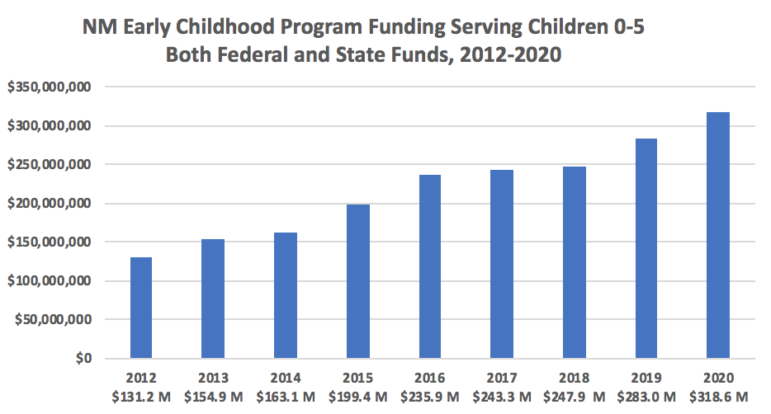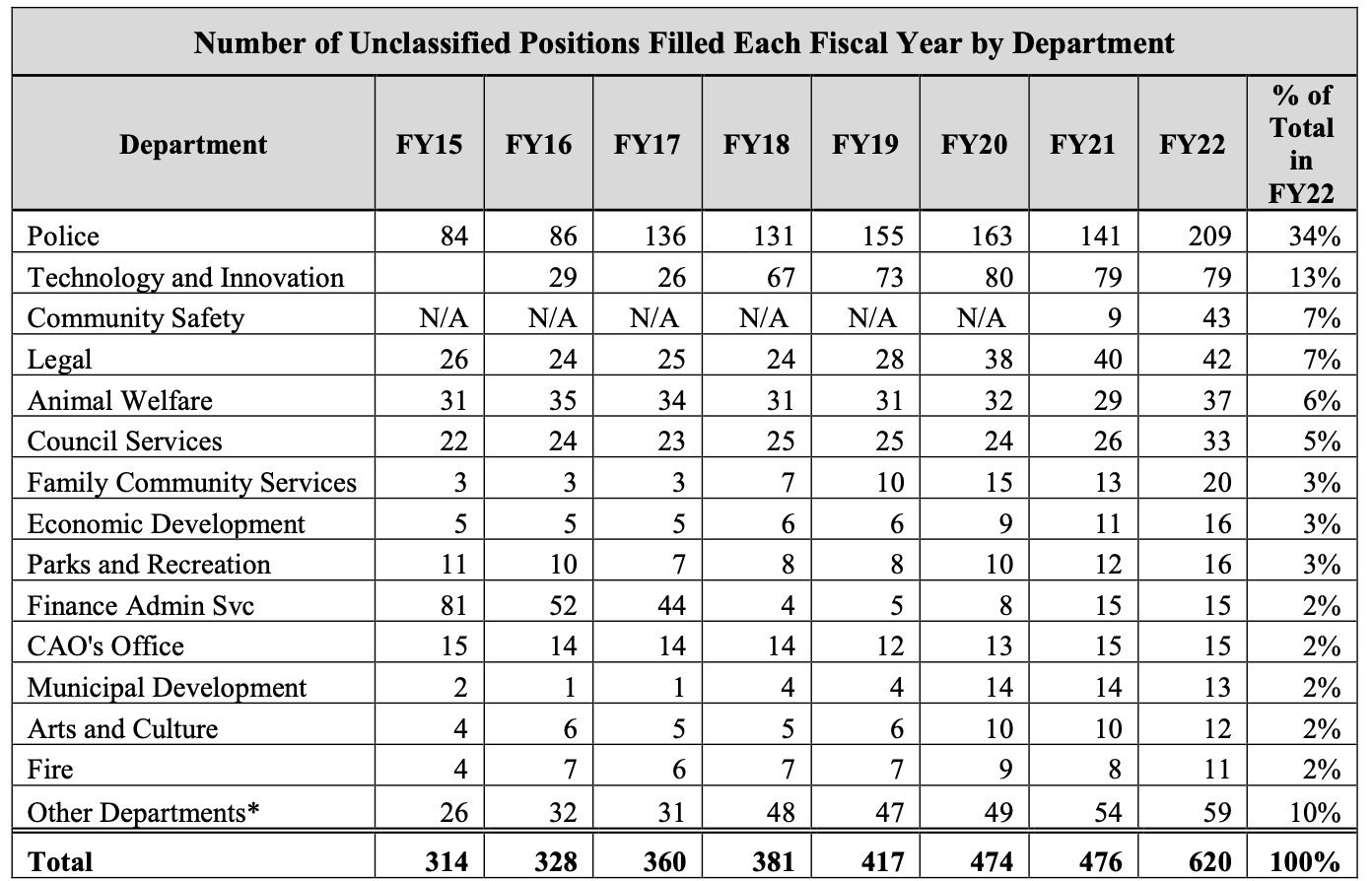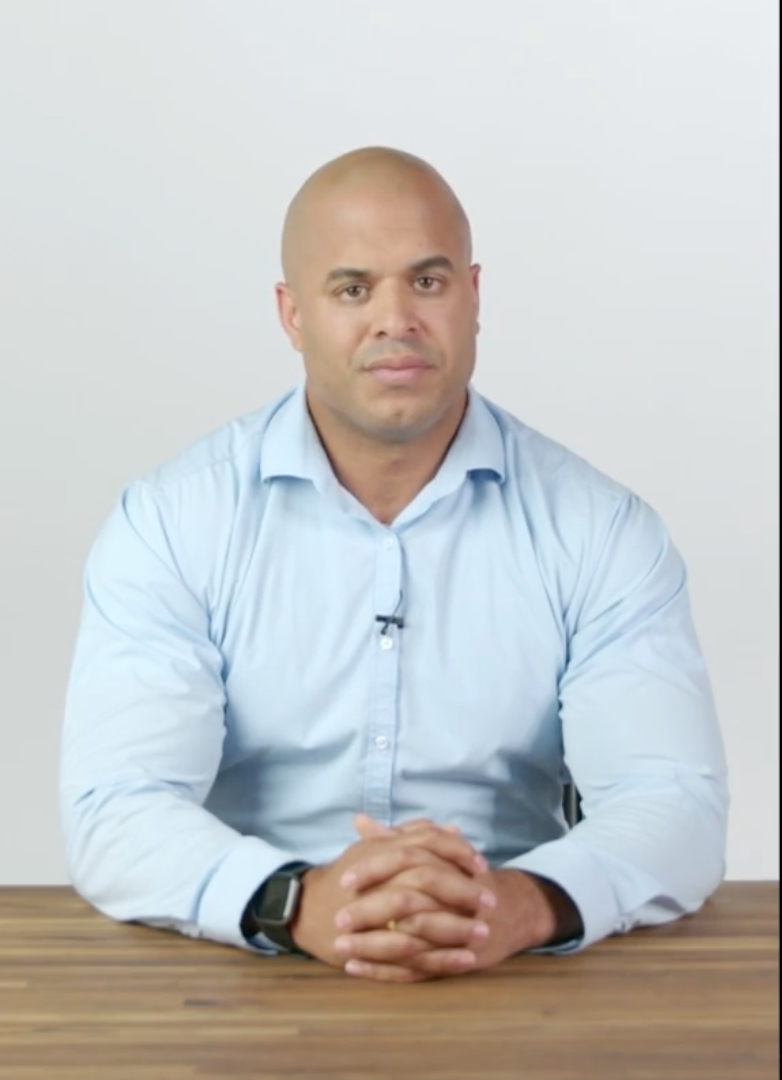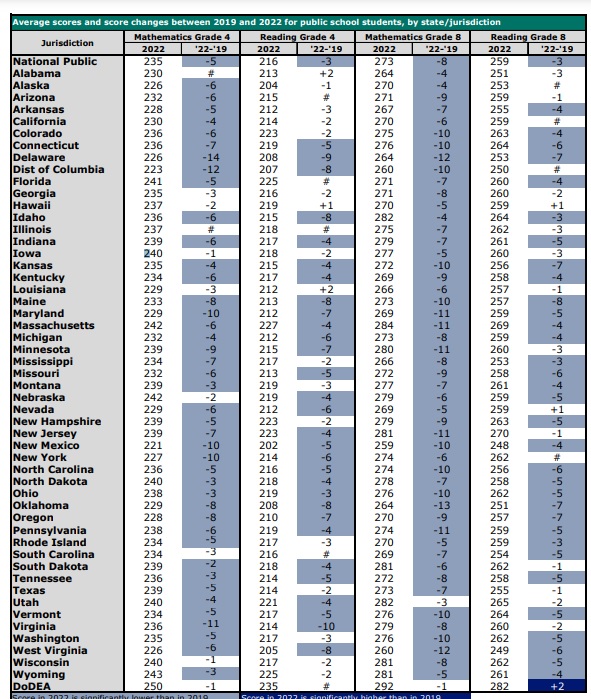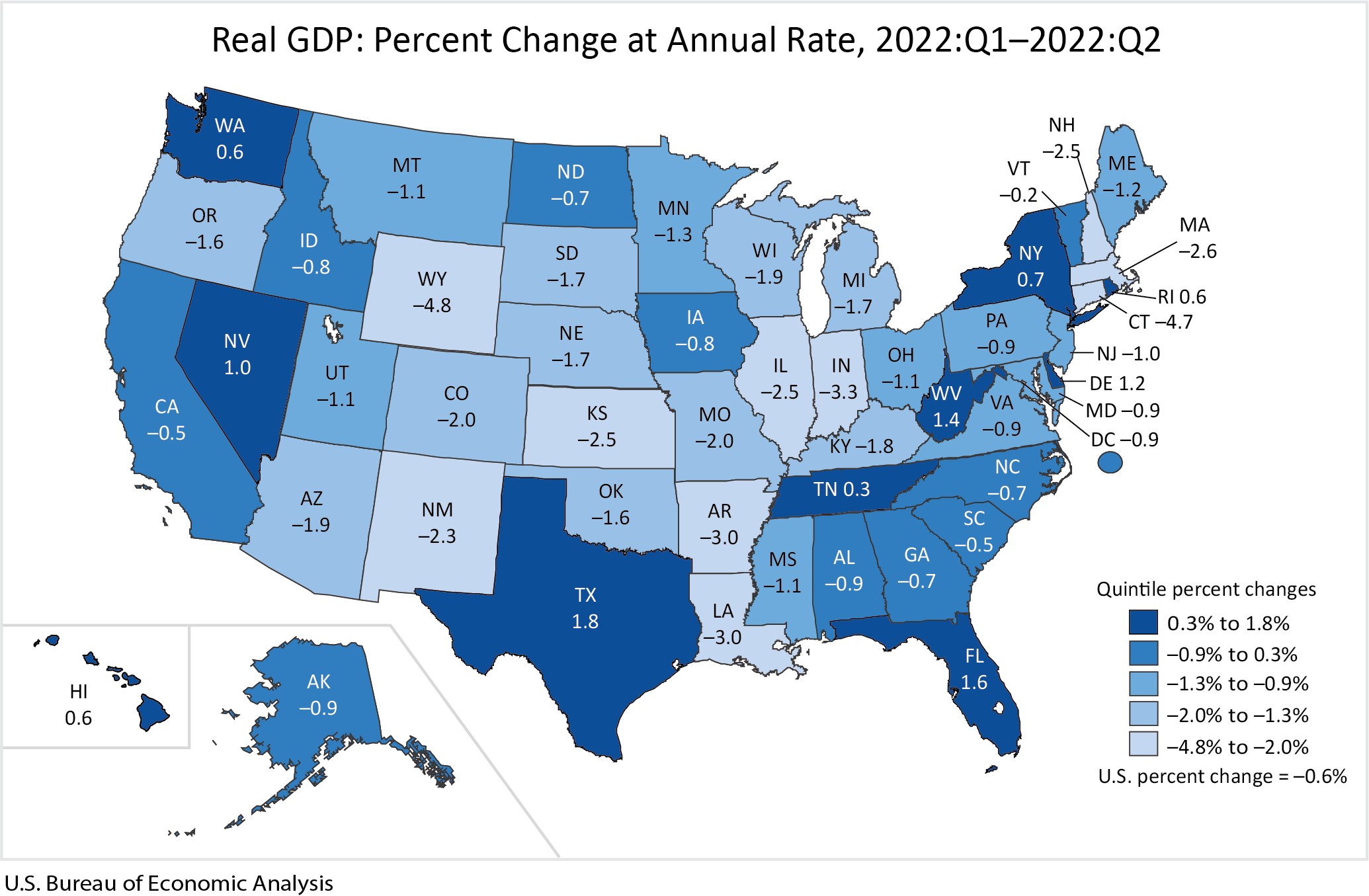The following opinion piece appeared in the Las Cruces Sun-News on Sunday, October 23, 2022.

There are numerous important issues on New Mexicans’ ballots as early voting kicks off on October 22nd. Amendment 2 has not received the same attention as Amendment 1 which relates to pre-K and early childhood spending, but voters will be asked to vote on this important issue also.
Amendment 2 would, if adopted, further weaken New Mexico’s “anti-donation clause” by allowing the Legislature to “appropriate state funds for infrastructure that provides services primarily for residential use—such as internet, electric, natural gas, water, and wastewater.”
The anti-donation clause goes back to New Mexico’s founding. At that time and throughout the decades leading up to it railroads were among the dominant economic interests in the nation. Before adoption of anti-donation clauses government bonds were often given to railroads. These often failed, leaving states and municipalities in debt while enriching the railroad “robber barons” of the day.
Those days are behind us, but special interest groups are always finding new ways to fleece taxpayers of more of their hard-earned money.
While infrastructure includes the aforementioned “infrastructure” items, as with all constitutional amendments the Legislature will finalize the text of the law if it passes muster with voters. Allowing taxpayer funding for private gain could create problems, especially leading to what most New Mexicans would call corruption.
In 2005, the Santa Fe New Mexican reported that a state senator slipped $50,000 into that year’s Christmas Tree (capital outlay) Bill to pave a private road in Pecos where his friend, a registered lobbyist, happened to live. San Miguel County and the Village of Pecos did not request the appropriation and protested that using public dollars to pave a private road is illegal.
That kind of shady deal won’t be illegal anymore if Amendment 2 passes. Rather, because the Legislature and people of the State will have expressed support for it, this kind of activity could spread rapidly throughout New Mexico government.
Rather than further weakening New Mexico’s anti-donation clause, we’d like to see it strengthened and restored. Over the years the effectiveness of the clause has been undermined by bipartisan advocates of corporate welfare. Specifically, the Legislature allowed local governments to “provide land, buildings or infrastructure for facilities to support new or expanding businesses.”
While the theory behind “corporate welfare,” that is, giving businesses special benefits to get them to come to New Mexico may seem like a good way to bring businesses to the State, the economists of all political stripes agree that such efforts ultimately harm taxpayers, lead to corruption of government officials, and are inefficient and thus prone to failure.
New Mexico has a long history of failed “corporate welfare” efforts. Remember Eclipse Aviation which received $100 million of your tax dollars under Bill Richardson only to go bust? Spaceport America was built for the express benefit of billionaire Richard Branson’s Virgin Galactic, received $250 million in taxpayer subsidies. The facility has been open for 11 years now and has yet to launch a single paid space tourism flight.
When given the chance voters often oppose corporate welfare. Last November Albuquerque voters rightly saw the proposed New Mexico United stadium as nothing short of corporate welfare and overwhelmingly rejected taxpayer financing for it at the ballot box. Now, the team is moving toward building its own stadium, likely with private financing.
New Mexico’s anti-donation clause is an important protection for New Mexico taxpayers against the unholy alliance of powerful special interests and big government. Government already has plenty of tools available to generate economic development including adopting better tax and regulatory policies for all. Amendment 2 would take New Mexico in the wrong direction.
Paul Gessing is president of New Mexico’s Rio Grande Foundation. The Rio Grande Foundation is an independent, nonpartisan, tax-exempt research and educational organization dedicated to promoting prosperity for New Mexico based on principles of limited government, economic freedom and individual responsibility

